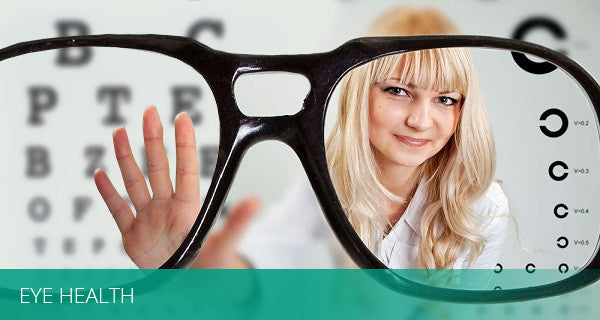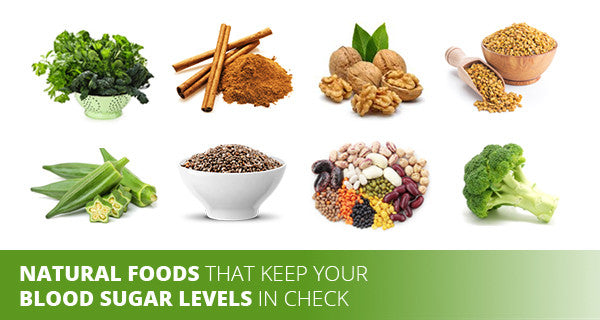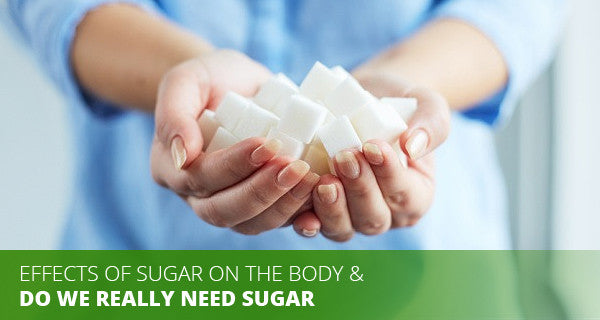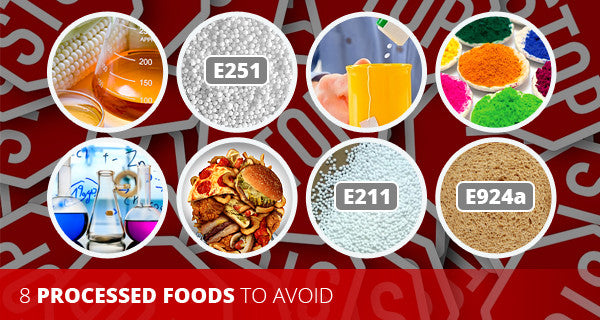Health on Your Terms
Albert Einstein once calculated that if all bees were to disappear off the earth, it would only take four more years for humans to disappear too. What is the purpose of tying this piece of information here? Well, the population of bees is falling at a very disturbing rate and scientists are crediting this trend to the over-use of pesticides, and special thanks to genetically modified (GM) crops.
What are Prebiotics?
By SQ Staff
We are quite familiar with probiotics. Benefits of probiotics, particularly in maintaining an optimal gut health, have made the concept of fermented food like kimchi, miso, kefir, sauerkraut and yogurt very popular among the health conscious. Probiotics indeed come with an impressive list of health benefits that go beyond intestinal health.
Childhood Lead Exposure and Criminal Behaviour
By SQ Staff
The toxic effects of lead exposure are well-established. Lead serves no useful biologic function in the human body. Once inside, it mimics calcium and builds up in teeth and bones, and causes severe damage to virtually all body systems with major impact on the central and peripheral nervous system, gastrointestinal, cardiovascular, renal, endocrine and immune systems. Brain, heart, liver, bones and kidneys are a few organs that take the maximum hit.
Vitamin D Benefits: Beyond Bone Health
By Simon HOMARUS
Vitamin D’s primary function is to maintain healthy bones. It regulates the absorption of bone-healthy minerals, calcium and phosphorus. However, emerging studies and research suggest that Vitamin D could have a bigger, integral role in our health. It helps our brain, heart, lungs, hormones and immune system to function well. Simply put, Vitamin D is excellent for our overall health, and not just bone health.
Vitamin C for Eye Health
By SQ Staff
Vitamin C is best known to prevent scurvy and boost immune functions. However, it’s role in maintaining eye health is not something we are all aware of. Our eyes are complex network of connective tissues, fragile blood vessels and nerve cells. Vitamin C is an important co-factor in the synthesis of collagen, a fibrous protein present in all our connective tissues including in the cornea of the eye. It also promotes healthy blood vessels (capillaries) in the retina. In fact, a 2011 study conducted by scientists at Oregon Health & Science University discovered that nerve cells in the retina need to be literally bathed in a very high amount of Vitamin C to efficiently perform their functions [1].
8 Foods that keep your sugar levels in check naturally
By Simon HOMARUS
High levels of blood sugar, if not checked in time, can lead to a range of metabolic disorders including type 2 diabetes. Continuously high levels of sugar circulating in the blood can trigger oxidative stress and inflammation in the blood vessels. This creates serious complications in the vascular system, making diabetic patients particularly vulnerable to cardiovascular problems (increased blood pressure, cholesterol levels, triglyceride levels, heart failure and stroke), kidney damage, impaired or complete loss of vision (diabetic retinopathy), nerve damage and even depression and dementia.
Why is Sugar So Bad?
By Simon HOMARUS
Sugar may be downright irresistible but it can be easily named as one of the most damaging ingredients for our health. Of course all sugars are not created equal. As part of well-balanced diet, specific sugar - for example derived from fruits, grains and whole fresh foods - is not worrisome. But added sugars from processed foods and beverages are nothing but extra calories providing little or no nutritional value. When it comes to understanding the side-effects of consuming too much sugar, weight gain is considered the number one factor along with the increased risk of diabetes. But extra calories, weight gain and diabetes risks are just the tip of the iceberg.
Jiaogulan and Weight Loss
By Simon HOMARUS
Losing weight is not simply about looking good. It is also about feeling good and energetic, and improving the quality of your life in a number of substantial ways. A recent research study suggests that even small amount of weight loss, as low as 5 %, has whopping health benefits [1] and reduces the underlying risk factors for many chronic, life-threatening and incapacitating diseases such as type 2 diabetes, insulin resistance, heart disease, high cholesterol and high blood pressure. Excess body weight is also linked with infertility, pregnancy complications, joint pain, sleeping disorder, depression, asthma and even cancer.
8 Food Ingredients to Avoid at All Costs
By Simon HOMARUS
Let’s start with a question. Why do you think food companies need to add preservatives, flavours and colours to the processed food? To make them last longer? To make them look colourful, appetizing and fun? To improve their flavours and texture? A resounding ‘Yes’ to these questions. And is this a good thing? Well, it depends. It depends on how much you value your health, as these ‘little extras’ come at the expense of our health.
Neck Pain and Headaches
By Simon HOMARUS
Most of us have suffered that blinding, nagging headache. Headaches are traditionally divided into two types: Tension headaches and Migraines. However, it is now believed that some headaches that were assumed to be falling into either of these categories are actually caused by damaged structures in the neck or cervical spine. Not all headaches, but quite a significant number of them seem to be originating in the neck. These headaches are called cervicogenic headaches.










